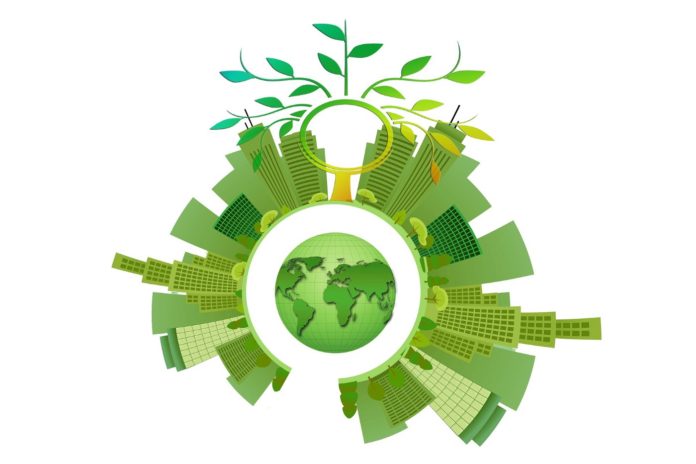It seems like soon we will be able to replace fossil fuels with a carbo-neutral product created from solar energy, carbon dioxide, and water.
Cyanobacteria, also referred to as blue-green algae and blue-green bacteria, are the only prokaryotes capable of using sunlight as their energy, water as an electron donor, and air as a source of carbon. These photoautotrophic microorganisms can be engineered to directly convert CO2 and water into biofuels and chemicals via photosynthesis using sunlight as energy. However, product titers and rates are the main challenges that need to be overcome for industry applications.
Uppsala University researchers have systematically designed and created a series of modified cyanobacteria that efficiently produced increasing quantities of butanol indirect processes using carbon dioxide and solar energy, without needing to use solar cells.
“When the best cells are used in long-term laboratory experiments, we see levels of production that exceed levels that have been reported in existing articles. Furthermore, it is comparable with indirect processes where bacteria are fed with sugar,” says Pia Lindberg, Senior Lecturer at the Department of Chemistry Ångström Laboratory, Uppsala University.
The knowledge and ability to modify cyanobacteria so they can produce a variety of chemicals from carbon dioxide and solar energy is emerging in parallel with advances in technology, synthetic biology, genetically changing them.
Through a combination of technical development, systematic methods and the discovery that as more product removed from the cyanobacteria, the more butanol is formed. The study, published in the scientific journal Energy & Environmental Science, shows the way forward for realizing the concept.
Besides, researchers have also been able to show that it is possible to achieve significantly higher production, so high that it becomes possible to use in production. Butanol can be used in the automotive industry as both an environmentally friendly vehicle fuel (fourth generation biofuel) and a component of rubber for tires. And in both cases, fossil fuels are replaced by a carbon-neutral product created from solar energy, carbon dioxide, and water.
Most industries that currently produce high greenhouse gas emissions from carbon dioxide will be able to use the process with cyanobacteria to bind carbon dioxide and consequently significantly reduce their emissions.
“Microscopic cyanobacteria are the most efficient photosynthetic organisms on earth. In this study, we utilize their ability to efficiently capture the sun’s energy and bind to carbon dioxide in the air, alongside with all the tools we have to modify cyanobacteria to produce desirable products. The results show that direct production of carbon-neutral chemicals and fuels from solar energy will be a possibility in the future,” explains Peter Lindblad, Professor at the Department of Chemistry Ångström Laboratory at Uppsala University who is leading the project.
